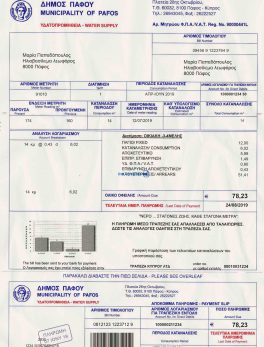Italy to earmark about 3.5 billon Euros to curb power bills

Rome: Italy’s government will spend around 3.5 billion euros ($4.1 billion) to protect consumers from a surge in energy prices that’s hit countries across Europe, according to people familiar with the matter.
The disbursement could be approved as soon as next week, the people said, asking not to be named discussing confidential plans.
Prime Minister Mario Draghi’s administration is also reviewing options to permanently protect low-income households from further increases in their power bills, the people said. The measures could be adopted in the budget in December.

The surge in gas prices and its implications was discussed at a meeting of leaders of the European Union’s Mediterranean countries in Athens on Friday, Draghi said after the talks.
“We need to keep in mind that a fast and significant ecological transition has immense economic and social costs,” he said. “The EU Commission has a crucial role in this transition.”
One of the options under Italy’s consideration would directly re-allocate a part of tax revenues to reducing the cost of electricity for poorer families, the people said. No decision has been made and the government’s plans could still change, according to the people.
Skyrocketing energy prices are plaguing European economies as they emerge from the Covid-19 pandemic and the impact is set to grow during the cold season. Italy already spent about 1.2 billion euros to mitigate the spike in power costs in the second quarter.
Other countries are also stepping to help consumers with soaring energy costs. France will hand out about 580 million euros to poor households, and Spain is planning a windfall tax on power utilities and a cap on consumers’ bills.
Italy is particularly vulnerable as it is relies on imports to meet over 70% of its energy needs, with almost 40% coming from natural gas, according to official data.
Ecological Transition Minister Roberto Cingolani said this week that power prices could increase by 40% in the third quarter, mostly on account of gas.





